Are you considering getting a new furry companion and wondering which breed would be the best fit for you? If you are looking for a loyal and protective dog that can handle harsh weather conditions and has a strong work ethic, then the Carpathian Shepherd Dog might be the perfect breed for you. This breed is known for its devotion to its family, intelligence, and courage, making it an excellent choice for those looking for a protective and loving companion. In this article, we will explore the characteristics of the Carpathian Shepherd Dog and help you determine whether this breed is the right choice for your lifestyle and personality.
Breed Category: Working
Country of Origin: Romania
Average Size:65-75 cm
Average Weight:35-45 kg
Average Life Span: 10-12 years
Grooming Requirements: Moderate
Exercise Requirements:High
History and Origin
The Carpathian Shepherd Dog, also known as the Carpathian Mountain Dog or Romanian Carpathian Shepherd Dog, is a large breed of dog that originated in the Carpathian Mountains of Romania. These dogs were originally bred to protect livestock from predators such as wolves and bears, and their size and strength make them well-suited for this task.
The exact origins of the Carpathian Shepherd Dog are not known, but it is believed that they are descended from ancient Molossian dogs that were brought to the region by the Romans. Over time, these dogs were bred with local breeds to create a dog that was well-suited to the harsh mountain environment.
The Carpathian Shepherd Dog is a large and powerful breed, with males typically weighing between 100 and 140 pounds and females weighing between 80 and 120 pounds. They have a thick, dense coat that provides protection from the cold and wet weather of the mountains, and their ears are often cropped to prevent injury while working.
In addition to their role as livestock guardians, Carpathian Shepherd Dogs have also been used as military and police dogs. During World War II, they were used by the Romanian army to guard military installations and to search for wounded soldiers. Today, they are still used by the Romanian police and military, as well as by farmers and ranchers in the region.
Despite their size and strength, Carpathian Shepherd Dogs are known for their loyalty and affection towards their owners. They are intelligent and trainable, but can be stubborn at times. They require a firm and consistent hand in training, and early socialization is important to prevent aggression towards strangers.
In recent years, the Carpathian Shepherd Dog has gained popularity outside of Romania, with breeders in other countries working to preserve and promote the breed. However, they are still relatively rare outside of their native region.
Overall, the Carpathian Shepherd Dog is a fascinating breed with a rich history and a unique set of characteristics. Their role as livestock guardians has been vital to the survival of many farms and ranches in the Carpathian Mountains, and their loyalty and affection towards their owners make them a beloved companion for those who appreciate their unique qualities.
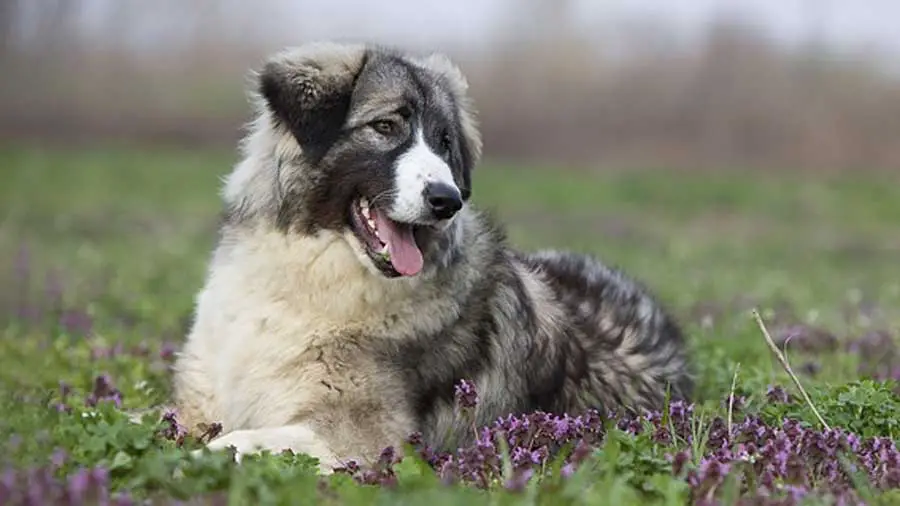
Size and Breed Category
The Carpathian Shepherd Dog is a large breed that falls under the category of working dogs. They are known for their impressive size and strength, which makes them ideal for guarding and protecting livestock. These dogs can weigh anywhere between 70 to 100 pounds and stand at a height of 24 to 30 inches at the shoulder. They have a muscular build and a thick coat that helps them withstand harsh weather conditions. The Carpathian Shepherd Dog is a highly intelligent breed that is loyal and protective of their family and territory. They are also known for their independent nature, which can make them challenging to train. However, with proper socialization and training, they can make excellent companions and guardians.
The Carpathian Shepherd Dog is a breed that originated in the Carpathian Mountains of Romania. They were bred to protect livestock from predators such as wolves and bears. Due to their working background, they have a strong protective instinct and are highly territorial. This breed is not recommended for first-time dog owners as they require an experienced handler who can provide them with the necessary training and socialization. The Carpathian Shepherd Dog is a breed that thrives in a rural environment where they have plenty of space to roam and exercise. They are not suited for apartment living and require a large yard to run and play. Overall, the Carpathian Shepherd Dog is a powerful and impressive breed that requires a dedicated owner who can provide them with the proper care and training they need to thrive.
Fur Length and Colour
The fur of the Carpathian Shepherd Dog is thick and dense, providing excellent insulation against the cold mountain climate of its native region. The fur is typically medium to long in length, with a coarse outer layer and a soft undercoat. The fur is also water-resistant, which helps to keep the dog dry in wet conditions. The most common fur colours are shades of grey, ranging from light silver to dark charcoal. Some dogs may also have white markings on their chest, feet, or face. The fur is often slightly wavy or curly, adding to the dog’s rugged appearance.
The Carpathian Shepherd Dog’s fur is an important part of its identity, as it helps the dog to blend in with its surroundings and protect itself from the elements. The fur also serves as a natural camouflage, making it easier for the dog to hunt and track prey. In addition to its practical benefits, the fur is also aesthetically pleasing, giving the dog a majestic and regal appearance. The fur requires regular grooming to prevent matting and tangling, but with proper care, it can remain healthy and shiny for many years. Overall, the fur of the Carpathian Shepherd Dog is a defining characteristic of the breed, and one that is highly valued by owners and enthusiasts alike.
Termperament and Trainability
Carpathian Shepherd Dogs are known for their strong-willed and independent temperament. They are a breed that requires an experienced owner who can establish themselves as the pack leader. These dogs are highly protective of their family and territory, making them excellent guard dogs. However, their protective nature can also make them wary of strangers and other animals. Socialization from a young age is crucial to ensure they are well-adjusted and can differentiate between friend and foe. Carpathian Shepherd Dogs are intelligent and have a strong work ethic, making them suitable for tasks such as herding and search and rescue. They require regular exercise and mental stimulation to prevent boredom and destructive behavior.
The trainability of Carpathian Shepherd Dogs can vary depending on the individual dog. They are intelligent and eager to please their owner, but their independent nature can make them stubborn at times. Positive reinforcement training methods work best with this breed, as they respond well to praise and rewards. Harsh training methods can cause them to become fearful or aggressive. Consistency and patience are key when training a Carpathian Shepherd Dog. They are a breed that thrives on routine and structure, so establishing a clear set of rules and boundaries is important. With proper training and socialization, Carpathian Shepherd Dogs can make loyal and devoted companions.
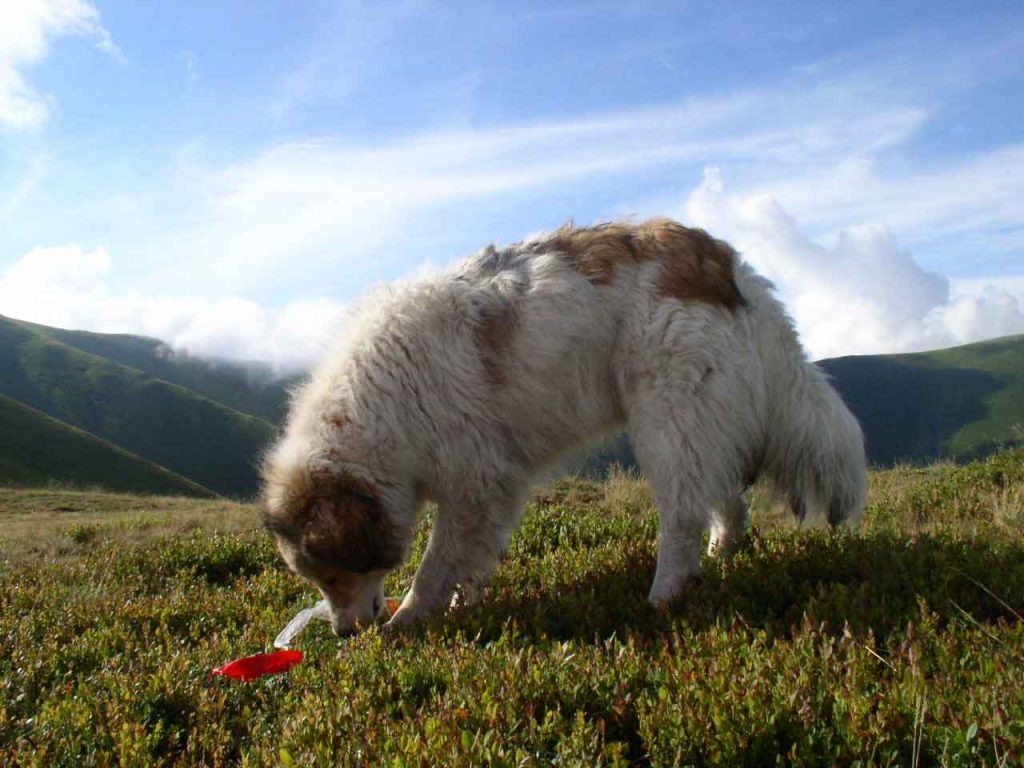
Known Health Conditions
Carpathian Shepherd Dogs are prone to certain health conditions that owners should be aware of. One of the most common issues is hip dysplasia, which is a genetic condition that affects the hip joint. This can cause pain, lameness, and arthritis in the affected joint. Owners should ensure that their Carpathian Shepherd Dog is screened for hip dysplasia before breeding, as it can be passed on to offspring. Another condition that can affect this breed is bloat, which is a life-threatening condition where the stomach fills with gas and twists on itself. This can cause a range of symptoms, including vomiting, restlessness, and a distended abdomen. Owners should be aware of the signs of bloat and seek veterinary attention immediately if they suspect their dog is affected.
Another health condition that can affect Carpathian Shepherd Dogs is progressive retinal atrophy (PRA), which is a degenerative eye disease that can lead to blindness. This condition is also genetic, and affected dogs should not be bred. Other eye conditions that can affect this breed include cataracts and glaucoma. Owners should ensure that their dog receives regular eye exams to detect any potential issues early. Finally, Carpathian Shepherd Dogs can be prone to allergies, which can cause a range of symptoms including itching, skin irritation, and ear infections. Owners should work with their veterinarian to identify and manage any allergies their dog may have.
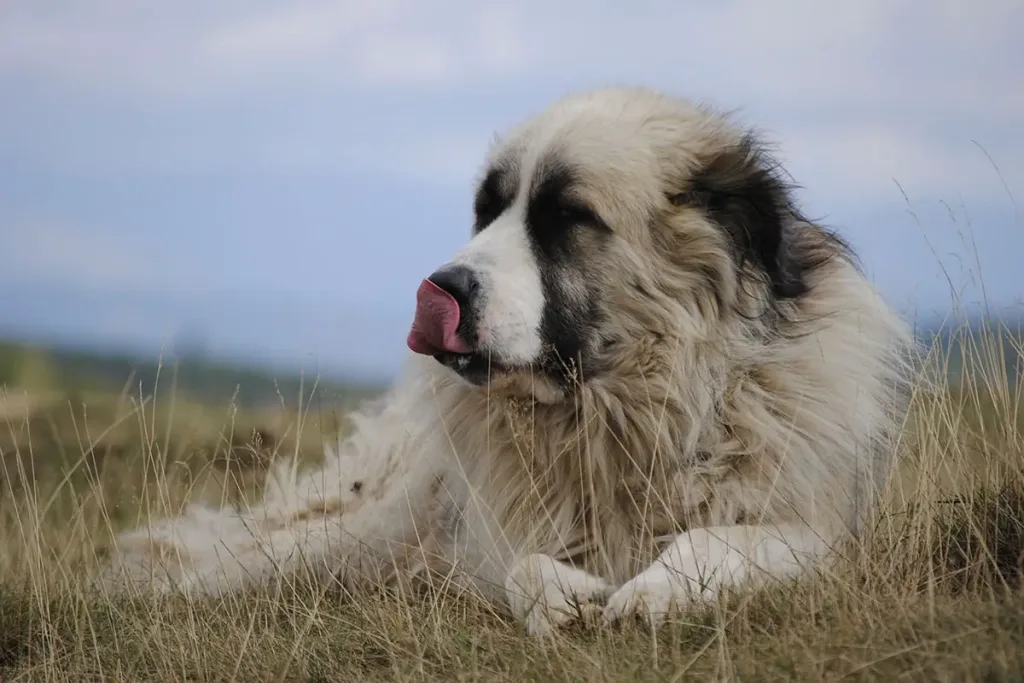
Openness to Strangers
Carpathian Shepherd Dogs are known for their friendly and welcoming nature towards strangers. They are a breed that is naturally curious and inquisitive, which makes them eager to meet new people. These dogs are not aggressive towards strangers and are often happy to greet them with a wagging tail and a friendly bark. They are also very loyal to their owners and will protect them if they feel that they are in danger. However, this does not mean that they are aggressive towards strangers, as they are generally very calm and gentle dogs. Carpathian Shepherd Dogs are a great choice for families who want a dog that is friendly and welcoming to everyone they meet.
Carpathian Shepherd Dogs are also very intelligent and adaptable, which makes them easy to train. They are quick learners and are eager to please their owners, which makes them great pets for families with children. These dogs are also very active and love to play, which makes them great companions for people who enjoy outdoor activities. They are also very protective of their families and will do whatever it takes to keep them safe. Overall, Carpathian Shepherd Dogs are a great choice for families who want a friendly, intelligent, and loyal pet that is easy to train and loves to play.
Playfulness Level
The Carpathian Shepherd Dog is a highly energetic and playful breed that loves to engage in physical activities. They are known for their love of play and their ability to keep themselves entertained for hours on end. This breed is particularly fond of games that involve running, jumping, and chasing, and they are always eager to participate in any activity that allows them to burn off some energy. Whether it’s playing fetch, going for a run, or simply chasing after a ball, the Carpathian Shepherd Dog is always up for a good time.
Despite their playful nature, the Carpathian Shepherd Dog is also a highly intelligent breed that requires mental stimulation in addition to physical exercise. They are quick learners and enjoy participating in training sessions that challenge their minds and keep them engaged. This breed is particularly well-suited to activities such as agility training, obedience training, and even search and rescue work. With their high energy levels and love of play, the Carpathian Shepherd Dog is a great choice for anyone looking for a fun-loving and active companion.
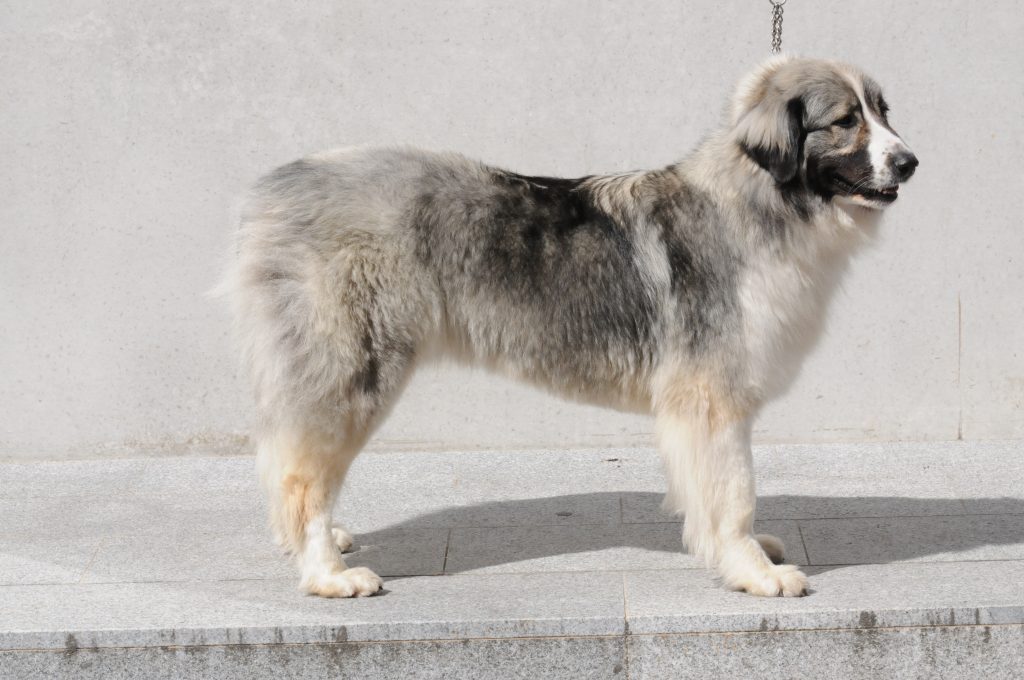
Suitability as a Pet for Children
Carpathian Shepherd Dogs, also known as Carpathian Mountain Dogs, have a strong and protective nature that makes them excellent guard dogs. They are loyal and affectionate towards their family, but can be wary of strangers. Due to their size and strength, they require an experienced owner who can provide them with proper training and socialization. They have a thick coat that requires regular grooming and exercise needs that should be met to keep them healthy and happy. Overall, Carpathian Shepherd Dogs can make great pets for families with older children who have experience with large breeds and are willing to put in the time and effort to properly care for them.
Exercise Needs
Carpathian Shepherd Dogs are highly active and energetic dogs that require a significant amount of exercise to maintain their physical and mental well-being. As a large breed, they need plenty of space to run and play, making them better suited to homes with large yards or access to open spaces. A daily walk of at least an hour is essential to keep them healthy and happy, but they also benefit from additional activities such as hiking, swimming, and playing fetch. It’s important to note that Carpathian Shepherd Dogs have a strong herding instinct, so they may enjoy activities that allow them to use this natural ability, such as agility training or herding trials.
In addition to physical exercise, Carpathian Shepherd Dogs also require mental stimulation to prevent boredom and destructive behavior. Puzzle toys, obedience training, and interactive games can all help to keep their minds engaged and prevent them from becoming restless. It’s also important to provide them with plenty of socialization opportunities, as they can become anxious or aggressive if they are not properly socialized with people and other animals. Overall, Carpathian Shepherd Dogs are a high-energy breed that requires a lot of time and attention from their owners to ensure they are happy and healthy.
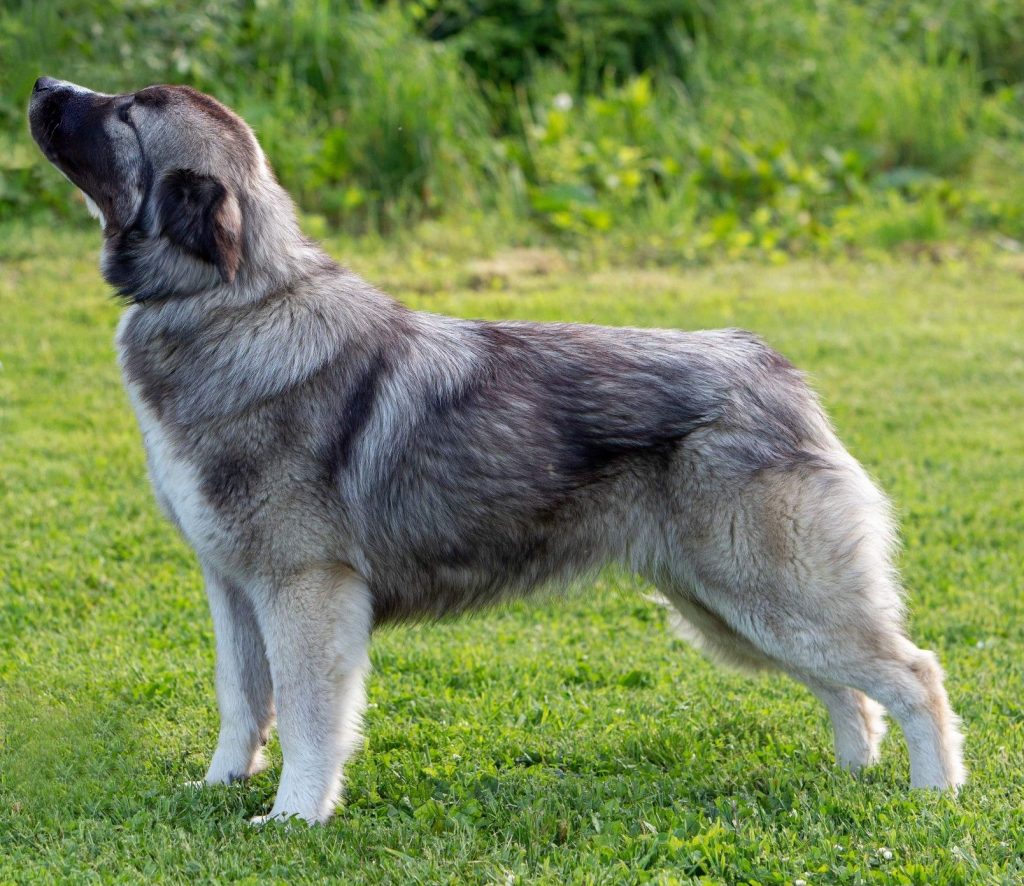
Suitability for a Multi-Pet Family
Carpathian Shepherd Dogs have a reputation for being protective of their family and territory. They are known to be wary of strangers and can be aggressive towards other dogs. However, with proper socialization and training, they can learn to coexist peacefully with other pets in the household. It is important to introduce them to other animals at a young age and supervise their interactions to ensure everyone’s safety.
Housing Requirements
Carpathian Shepherd Dogs require a spacious and secure living environment that allows them to move around freely. They are an active breed that needs plenty of exercise, so a large garden or outdoor space is essential. The garden should be securely fenced to prevent the dog from escaping, as they have a strong instinct to roam and explore. Additionally, the fence should be high enough to prevent the dog from jumping over it. Carpathian Shepherd Dogs are also known for their protective nature, so it is important to ensure that the garden is secure from intruders.
Indoors, Carpathian Shepherd Dogs require a comfortable and warm living space. They have a thick coat that provides insulation, but they still need a warm and dry area to sleep in. A comfortable bed or crate should be provided, along with plenty of blankets and bedding. The living space should be well-ventilated to prevent the build-up of odours, and it should be cleaned regularly to maintain hygiene. Carpathian Shepherd Dogs are intelligent and social animals, so they should be provided with plenty of mental stimulation and social interaction to prevent boredom and destructive behaviour.
Summary
The Carpathian Shepherd Dog, also known as the Carpathian Sheepdog, can make a suitable pet for experienced dog owners who have ample space and time to devote to their care. These dogs are known for their strong protective instincts and require early socialization and training to prevent aggression towards strangers. They also have high energy levels and require regular exercise and mental stimulation. Due to their large size and strong-willed nature, they may not be suitable for first-time dog owners or families with young children.
Carpathian Shepherd Dog FAQS
No, Carpathian Shepherd Dogs are not easy to train, they require a firm and consistent training approach.
Yes, Carpathian Shepherd Dogs are excellent guard dogs, they are protective and loyal to their owners.
Yes, Carpathian Shepherd Dogs are known to be good with children, but they need to be socialized properly.
Carpathian Shepherd Dogs are generally healthy, but they can be prone to hip dysplasia and bloat.
Yes, Carpathian Shepherd Dogs shed a lot, especially during the shedding season.
Carpathian Shepherd Dogs have a lifespan of around 10-12 years.
Carpathian Shepherd Dogs need a lot of exercise, at least 2 hours of physical activity per day.
Carpathian Shepherd Dogs need a lot of food, around 4-6 cups of high-quality dog food per day.
A Carpathian Shepherd Dog can grow up to 70-90 cm in height.
The average weight of a Carpathian Shepherd Dog is between 40-80 kg.
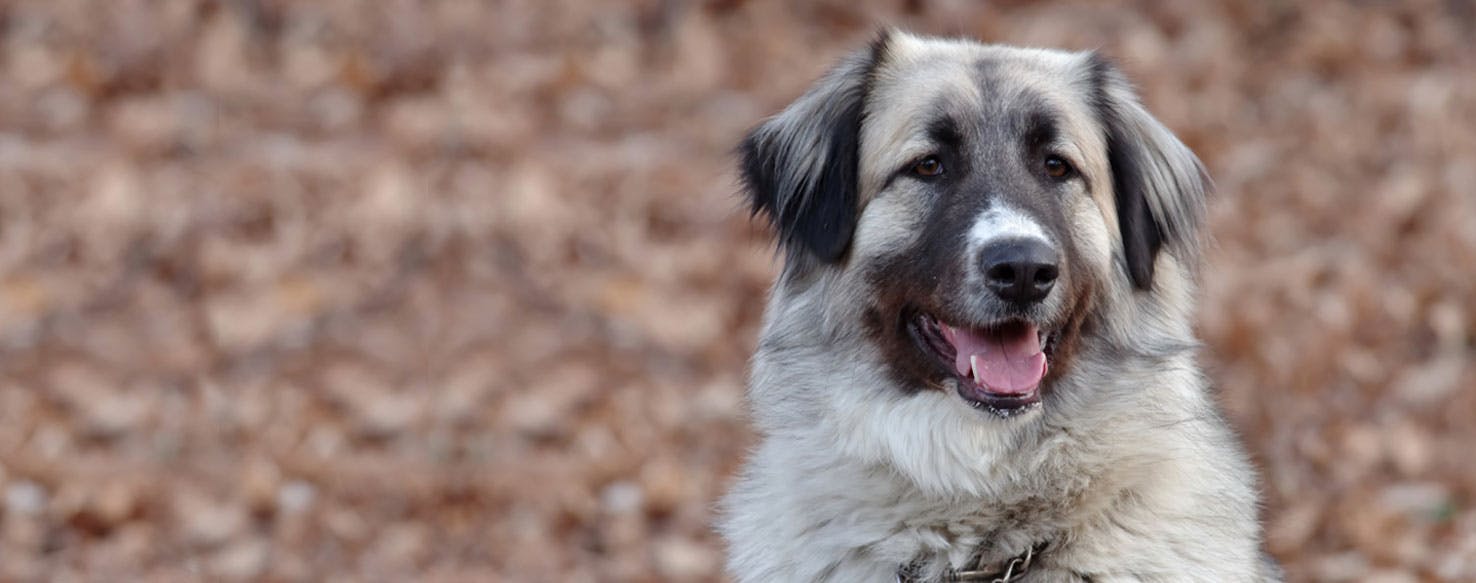
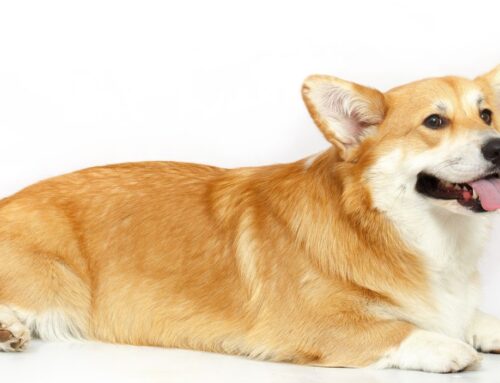
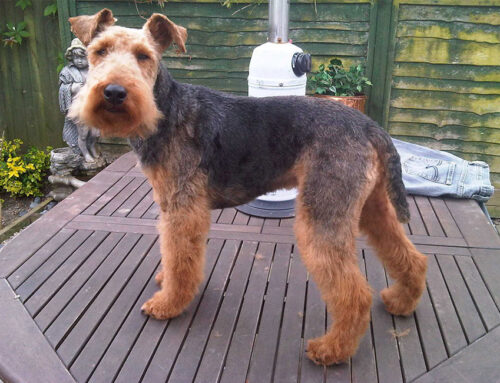
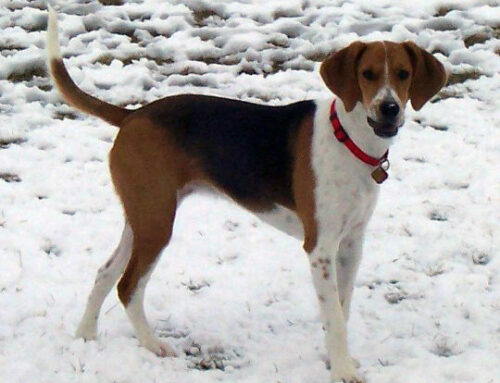
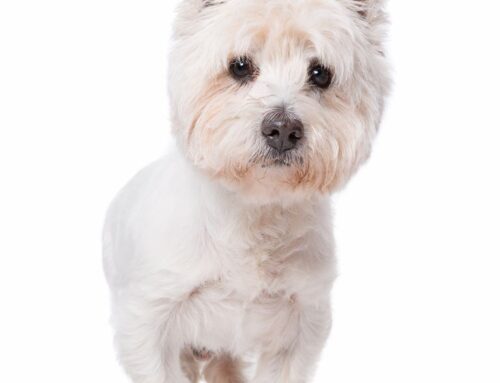
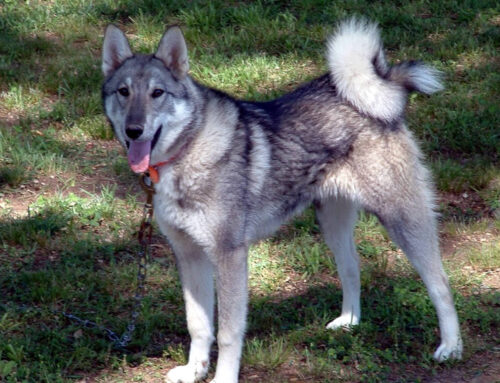
Leave A Comment